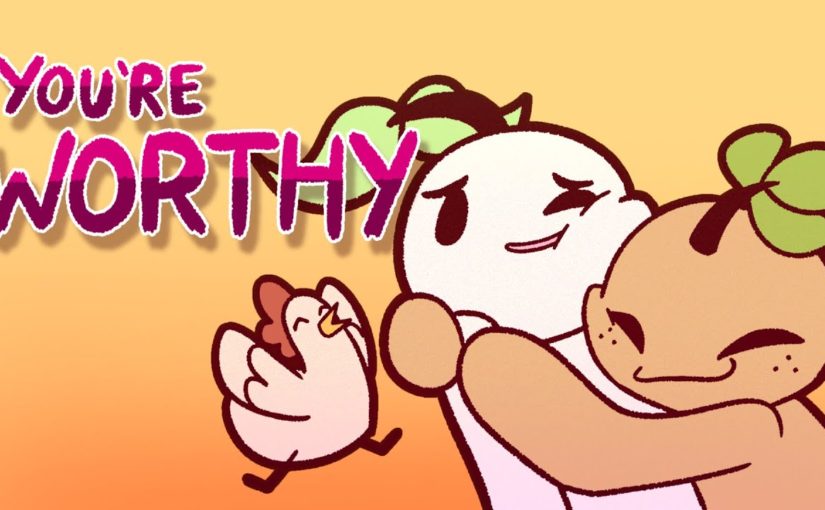Lily, Hey Psych2Goers, and welcome to another video. Thank you all so much for the love and support that you’ve given us enabling us to make yet another exploration into everyday psychology. So let’s begin. Loving yourself may sound simple, but we all know how hard it is. Sometimes it can be a roller coaster ride between being happy with yourself and wishing you could change. There are so many things that affect your image of yourself, and some of them may not be good Things such as the media set false expectations and ideals. It can be a long journey to accept this, but it’s worth it. We made this video to remind you that you should never give up on loving yourself because you deserve it and you’re worth it. So here are 12 things that do not determine your self-worth Number one. Your achievements. Can you relate to loving yourself so much when something goes well, but the second something goes wrong? Your self-worth immediately takes the plunge Whether it’s your grades, your job, or a sport. It’s easy to base your worth on what you accomplish, but how much you’re worth does not depend on your achievements, especially when it comes to competitions. You can’t control your competitors, so you don’t need to blame yourself when things don’t go your way. You are more than just a bullet-point list of all of your accomplishments. You’re a complex person with a personality hobbies and so much more than your achievements, And it all makes you worth it Number two, your income and job. Are you second-guessing your career? Do you often think of switching your job While your job plays a big part in your lifestyle? It does not determine your worth. People who have less money, aren’t lesser than others like society and the media sometimes portrays Your job and income are sometimes the result of your situation. There are so many factors that influence them like location, the economy, and competition, So they aren’t a reflection of who you are Number three, is your childhood. Do you avoid thinking about your childhood? Do the memories make you uncomfortable? Your childhood may shape a lot of things about you, but it does not determine your worth. It’s a phase well on its way out and you mustn’t. Let it overwhelm you Your rough childhood does not define who you are. After all, you have no control over who your parents are, and you’re not responsible for their choices. It may take some time to accept this, but your past does not define you Number four, your level of education, Much like your income, your level of education is also the result of so many factors, One of the biggest factors when it comes to deciding whether to Go to college, and where is how much money your family has? You can’t change, how much money your family has or the location of the schools you want na go to. Therefore, you don’t need to feel bad. If you don’t have a higher level of education, it doesn’t mean you’re, less intelligent or worth less than those who do Number Five. How do other people view and treat you? Do you constantly stress about how others see you? Are you constantly trying to live up to their standards? Other people have no way of knowing who you truly are, While family and friends may have a good idea of it. Only you fully know yourself, Knowing this your self-worth: isn’t based upon others, limited and sometimes biased opinions of you. You cannot control what other people think or how they act. Similarly, don’t base your value upon something completely up to others. Trying to please others will ultimately lead you to be miserable, so try not to stress yourself out with other people’s opinions, even if it is difficult. Number six. Other people,’s achievements. Do you compare your achievements to other people?’s? It’s! Okay, because everyone does that occasionally – And it’s so easy to look at what you’ve done and compare it to someone else.’s achievements, especially when the internet gives you access to everyone.’s. Amazing lives. It may be hard to internalize. But what do other people do? Doesn’t define you, You can’t control others.

So the only thing you can do is try your best, Regardless of the result trying your best is enough. After all, everyone is different with varying skill sets and experiences, so it’s no use comparing two unique people. Number seven is your appearance. Are you unhappy with some physical features of yours? Is there anything you wish you could change about your appearance? Chances are, the answer is yes, Almost everyone wants what someone else has, which is the sad truth, especially living in today’s, society. It can be so easy to compare yourself to other people and all the gorgeous models on TV, But try to remember that what you look like doesn’t determine how much you’re worth. You’ve probably heard it before, and we know how hard it is to accept and internalize, but it’s. True You don’t need to feel bad because you might not look the way that people on TV do, because everyone is beautiful in their unique way. Number eight, your relationship status. Are you still looking for the one, But it seems like everyone. You know is getting hitched Nowadays, there’s so much pressure to have a significant other and a picture, perfect relationship. It can feel as if you constantly need to be pursuing someone out of fear of being a desperate lonely single. However, there’s nothing wrong with being single. Doesn’t make you less of a person because it means you’re, taking more time to focus on yourself and what you want na do You will only go for it when it feels right. While a relationship may be nice, it’s, not something you need to have to be valued Nine, the number of friends you have Do you value quantity, over quality when it comes to friends, Or is it difficult for you to keep up with your circle of Friends Having more friends, doesn’t matter what kind of person you are, If you only have a few it doesn’t mean you’re, not sociable or kind, but it means you have a specific taste in people which isn’t a bad thing. You’re invested in finding friends who understand and care for you. On the other hand, having more friends doesn’t mean you’re shallow and only interested in popularity. It means that you’re friendly and open to new people. The number of friends you have doesn’t say anything about your worth. Rather it’s the quality of your friends that matters 10, your social media status. Are you an avid scroller? Do you, post on social media habitually or occasionally With the amount of emphasis? The world seems to revolve around how many likes you get. There is so much pressure to have a picture-perfect, aesthetically pleasing life. However, your worth is not measured by how many people, like your posts, Social media, is for sharing parts of your life and forming connections with people It’s allowed getting likes. May give you the satisfaction it doesn’t determine your self-worth. Social media should be fun and uplifting, not a tool to gain validation. You are valid and worthy regardless of your social media status. Number 11. Your age, Both old and young people, are often judged due to their age. People may think all young people are reckless and selfish, while all older people have their whole lives figured out, But your age, doesn’t control your personality, hobbies, likes dislikes and so much more It’s, not a reflection of who you are so it does. ‘t determine your worth After all Age aint, nothing, but a number Number 12. Your decision to have children There’s a lot of societal pressure to have children to contribute to society, But having children is completely your own decision Not having children. Doesn’t make you less worthy than others who do because it’s a major decision that affects you most of all, so it should be up to you Remember your decision is valid and valued either way. In the end, you’re the only one who determines your self worth Cliche, but it’s, true, Not anyone or anything else, whether it be money, family, or friends. It may be hard, but just try to remember that you are more than any single aspect. We hope we were able to give you insight into some of the things that you should, ‘t base your worth on. Do you use any of these things to measure your self-worth? If so, that’s – okay, we’ve all been there before, and we’re here for you Leave a comment down below and share your experiences and thoughts you have as well. If you find this video helpful be sure to hit the like button and share it with those out there still struggling with their self-worth, Don’t forget to subscribe to Psych2Go and hit the notification bell for more new videos. Thanks for watching – and we’ll see you soon,
As found on YouTubeThe Destroy Depression ꆛ System-Cure Depression Naturally YOUR DEPRESSION HAS BEEN IN CONTROL LONG ENOUGH. It’s Time to Fight Back
☂🗯 “Depression Sufferer Of Over 20 Years Reveals His Simple 7-Step System That Gives You The Power To Destroy Your Depression, End Your Feelings Of Sadness And Hopelessness, And Get Your Life Back.” “
This didn’t just change my life, it saved my life.“
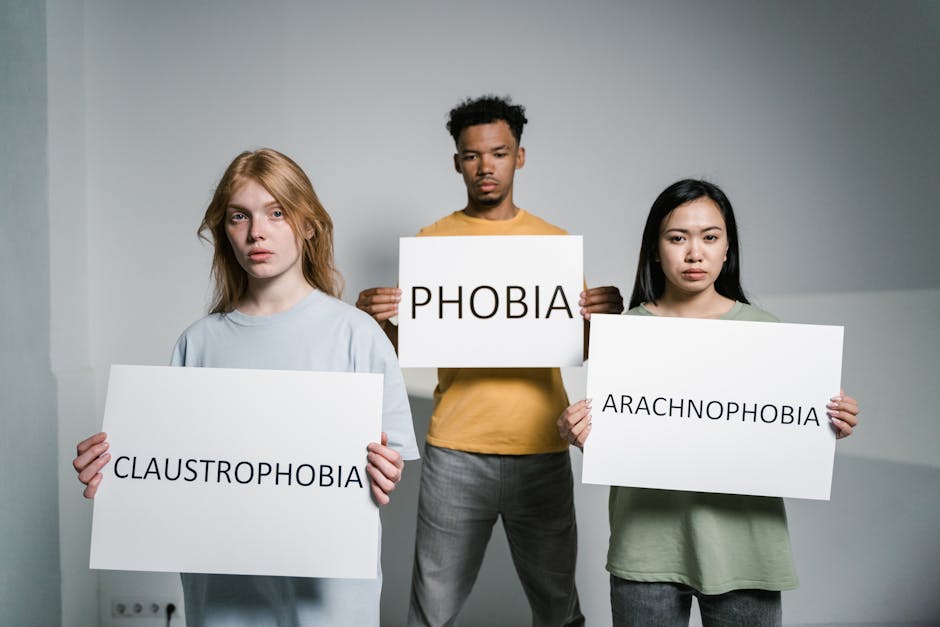 Number four, not feeling pain. Another sign of dissociation
is not feeling pain. There is research suggesting that dissociation not only
minimizes painful memories but also the physical
pain attached to them. However, the connection
between dissociation and pain is not solely related to trauma. People who experience chronic pain can also experience dissociation. For some who experience dissociation as a result of a mental health condition, the feeling of not feeling in your body can sometimes lead you to self-injure. Although it makes sense to do something to bring you back into your body, self-injuring is not the best option. And number five, a loss of self-identity. Another aspect of dissociation
is depersonalization, it’s similar to derealization in the sense that you feel like you
are watching yourself. However, depersonalization
makes you feel distant from your mental process, you feel that you are an
observer of your own life. Depersonalization can
occur with other symptoms on this list, it can be a very scary feeling like you don’t have any
control of your body. Some clinicians believe that
extreme stress or trauma can produce depersonalization. So, do you relate to any of these signs? Dissociation can be frightening and, in some cases, intrusive. It’s not like a physical illness where a diagnosis and treatment are administered via exams, but there is treatment, among them being
psychotherapy, medication, family therapy, and clinical hypnosis. If you experience any of these symptoms, please reach out to a medical health
professional for treatment. Please like and share this with friends who might find some good
advice in the video as well. Make sure to subscribe to Psych2Go and hit the notification
bell for more content. All the references used are added in the description box below. Thanks so very much for watching and we’ll see you the next time.My Name Is Dr. Joe Vitale
Number four, not feeling pain. Another sign of dissociation
is not feeling pain. There is research suggesting that dissociation not only
minimizes painful memories but also the physical
pain attached to them. However, the connection
between dissociation and pain is not solely related to trauma. People who experience chronic pain can also experience dissociation. For some who experience dissociation as a result of a mental health condition, the feeling of not feeling in your body can sometimes lead you to self-injure. Although it makes sense to do something to bring you back into your body, self-injuring is not the best option. And number five, a loss of self-identity. Another aspect of dissociation
is depersonalization, it’s similar to derealization in the sense that you feel like you
are watching yourself. However, depersonalization
makes you feel distant from your mental process, you feel that you are an
observer of your own life. Depersonalization can
occur with other symptoms on this list, it can be a very scary feeling like you don’t have any
control of your body. Some clinicians believe that
extreme stress or trauma can produce depersonalization. So, do you relate to any of these signs? Dissociation can be frightening and, in some cases, intrusive. It’s not like a physical illness where a diagnosis and treatment are administered via exams, but there is treatment, among them being
psychotherapy, medication, family therapy, and clinical hypnosis. If you experience any of these symptoms, please reach out to a medical health
professional for treatment. Please like and share this with friends who might find some good
advice in the video as well. Make sure to subscribe to Psych2Go and hit the notification
bell for more content. All the references used are added in the description box below. Thanks so very much for watching and we’ll see you the next time.My Name Is Dr. Joe Vitale And My Promise To You Is Simple:
Bring me your passion and conviction, and I’ll transform you into the Awakened Millionaire with the elevated mindset that will let you make more money than you ever have… driven by your passion and spiritual awakeninghttp://flywait.awakenedm.hop.clickbank.net/ ↯ As found on YouTube
And My Promise To You Is Simple:
Bring me your passion and conviction, and I’ll transform you into the Awakened Millionaire with the elevated mindset that will let you make more money than you ever have… driven by your passion and spiritual awakeninghttp://flywait.awakenedm.hop.clickbank.net/ ↯ As found on YouTube
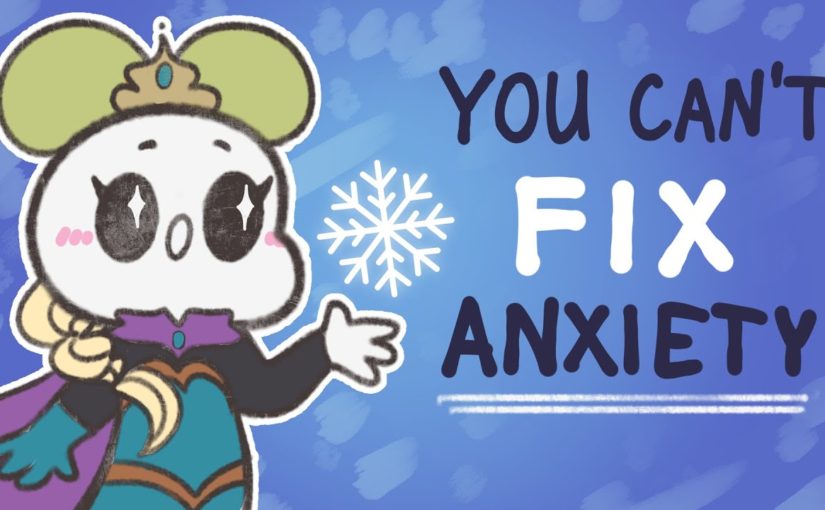
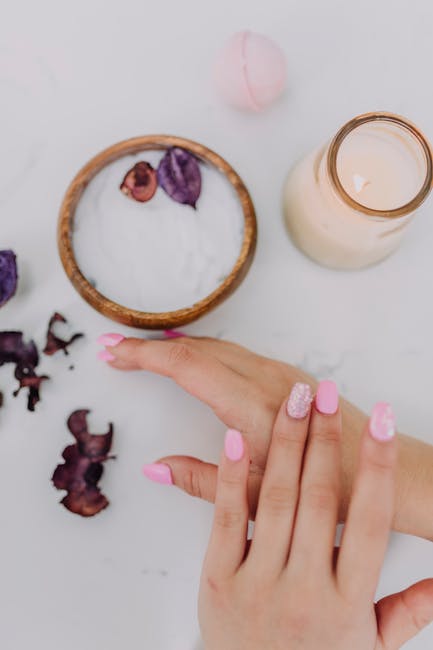

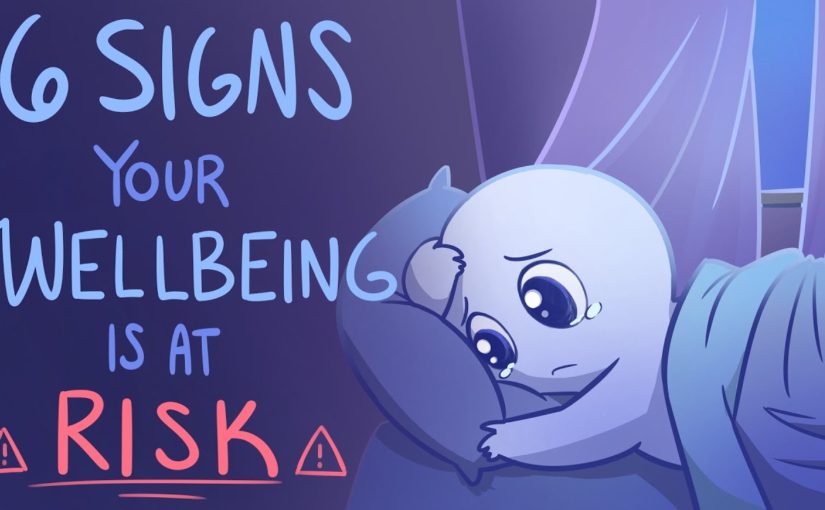

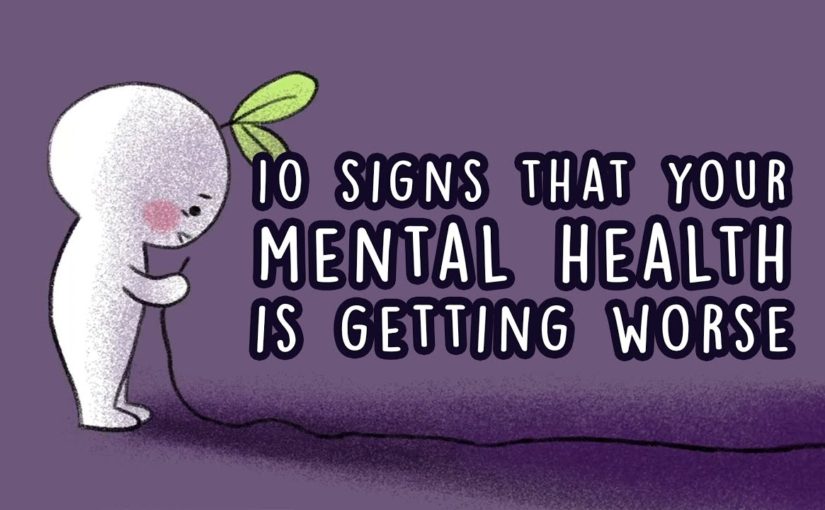

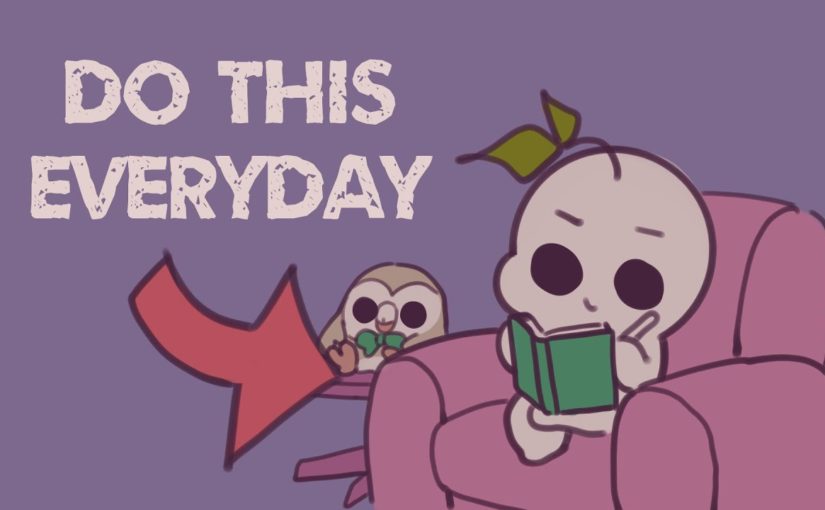
 I think it also helps me deal
with anger and frustration. And I just like it. I know a lot of people
exercise in the morning, but for me back when I worked full-time, I used to always go climbing or for a hike or run after work. That’s when I needed it the most. And it was hard for me to
get motivated in the morning but by afternoon, I was
looking forward to it. Now that I’m a full-time mom, I have to be more creative
in how I get my exercise in. I often just work out
in the yard, gardening, digging in the dirt, and
running around the yard with my wheelbarrow, or I’ll do some yoga on TV
or go for a walk with my kids or pull them behind my bike. Now that we’re stuck in our homes with the coronavirus pandemic, I’m doing more inside workouts. I like the seven-minute
workouts on my phone or The Fitness Marshall on YouTube. Number four is nature time. This takes me back to another aspect of my mental health routine
that is important to me. Outside time. I need nature. I need to see the sky
and soak in some sun. I’m fortunate to live
in a beautiful place. And I take advantage of
that by getting outside. There is some research showing
that sunshine nature and being outside change our physiology. It slows our heart rate and decreases the stress
chemicals and stuff. But regardless of the research, I can just feel the difference for me. If you can’t get outside,
open your windows, and sit on your porch. Or if you can’t do any of that then you can spend some time looking at beautiful landscape
photography or a nature film. Your brain can bring to mind the feelings of nature just by imagining it. Number five is my evening routine. My evening routine looks
like getting my kids to bed and then taking some
quiet time for myself. I usually take a hot bath and read a book or an archeology journal. I’m kinda nerdy, but that’s what I like. Even though I have very few hours to work on my passion project, these videos, I don’t usually work in the evenings, because it would just
stress me out a little and I need the downtime to stay healthy. So then before bed, I write in my journal, I often take the time
to write about my wins and accomplishments of the day
so that I can remember them because it’s my natural habit to dwell on my mistakes and shortcomings. So I write about my wins
and then I pray a prayer of gratitude and talk with my
heavenly father about my day. Again, gratitude practice
is an essential habit of mental health, and it’s been shown to be an effective
treatment for depression. So you can pray about it like me, express gratitude as a family,
which we do at dinner time, or write about it, whatever works for you. And then I go to bed. I try not to spend too much
time looking at screens before bed, but if I do, I
choose some calming documentary or a mudlarking channel
like Nikola Whites. If you don’t know what mudlarking is, it’s just finding
historical bits of treasures on themes in London. Anyway, I find it relaxing. I encourage people not to be on TV because it’s just not
super great for your brain. But if you do choose a
short and calming show. Lastly, other self-care. For me, that includes scheduling
and some time for my hobby. I have tons of hobbies, but
because I’m so busy with kids I don’t have
time to do most of them I make sure to carve
out about two hours a week to do at least one of them. Right now that’s metal detecting which is something fun
and relaxing for me. I put it on the calendar so
that I make sure it happens. I also take the Sabbath
off, no work, no housework. I don’t check my work email. I let my brain completely
focus on other things. Mostly my family, which
is also exhausting, but it’s a day that is
different from the others. And I make sure to have
social time as well. Having social interactions
is essential for mental health. Our brains are inherently social. We are social creatures. So right now this is going
to be an extra challenge with the Coronavirus. I’m taking the time to
call up old friends. I have some groups I’m
hanging out with on Zoom and when we’re not on lockdown I meet up with friends
to let the kids play or to go out to lunch or whatever. So there you have it. My daily routine to
maintain mental health. I have a careful morning routine. I make sure to get enough sleep. I get dressed every day. I exercise and get some outside time, I carve out time to relax each
evening, practice gratitude, and acknowledge my successes of the day. And once a week, I make sure to get out and do something just
for me, stress, anxiety, and social isolation can
all contribute to depression but you can prevent depression
during stressful times like the pandemic and social distancing by using daily habits that
promote mental health. Depression is treatable and there are some simple
things you can do every day to prevent depression and
stay mentally healthy. I hope you can find some things from this list that help you figure out a way to maintain your mental health. Today, this week, and
during the crazy pandemic that we’re going through. And remember, you’re braver than you know and stronger than you think. Thanks for watching and take care. If you enjoyed this video and would like to learn more
about therapy, mental health, and what you can do to improve depression, anxiety, or other mental illnesses, check out Emma’s channel,
Therapy, in a Nutshell, the link will be in the description.
I think it also helps me deal
with anger and frustration. And I just like it. I know a lot of people
exercise in the morning, but for me back when I worked full-time, I used to always go climbing or for a hike or run after work. That’s when I needed it the most. And it was hard for me to
get motivated in the morning but by afternoon, I was
looking forward to it. Now that I’m a full-time mom, I have to be more creative
in how I get my exercise in. I often just work out
in the yard, gardening, digging in the dirt, and
running around the yard with my wheelbarrow, or I’ll do some yoga on TV
or go for a walk with my kids or pull them behind my bike. Now that we’re stuck in our homes with the coronavirus pandemic, I’m doing more inside workouts. I like the seven-minute
workouts on my phone or The Fitness Marshall on YouTube. Number four is nature time. This takes me back to another aspect of my mental health routine
that is important to me. Outside time. I need nature. I need to see the sky
and soak in some sun. I’m fortunate to live
in a beautiful place. And I take advantage of
that by getting outside. There is some research showing
that sunshine nature and being outside change our physiology. It slows our heart rate and decreases the stress
chemicals and stuff. But regardless of the research, I can just feel the difference for me. If you can’t get outside,
open your windows, and sit on your porch. Or if you can’t do any of that then you can spend some time looking at beautiful landscape
photography or a nature film. Your brain can bring to mind the feelings of nature just by imagining it. Number five is my evening routine. My evening routine looks
like getting my kids to bed and then taking some
quiet time for myself. I usually take a hot bath and read a book or an archeology journal. I’m kinda nerdy, but that’s what I like. Even though I have very few hours to work on my passion project, these videos, I don’t usually work in the evenings, because it would just
stress me out a little and I need the downtime to stay healthy. So then before bed, I write in my journal, I often take the time
to write about my wins and accomplishments of the day
so that I can remember them because it’s my natural habit to dwell on my mistakes and shortcomings. So I write about my wins
and then I pray a prayer of gratitude and talk with my
heavenly father about my day. Again, gratitude practice
is an essential habit of mental health, and it’s been shown to be an effective
treatment for depression. So you can pray about it like me, express gratitude as a family,
which we do at dinner time, or write about it, whatever works for you. And then I go to bed. I try not to spend too much
time looking at screens before bed, but if I do, I
choose some calming documentary or a mudlarking channel
like Nikola Whites. If you don’t know what mudlarking is, it’s just finding
historical bits of treasures on themes in London. Anyway, I find it relaxing. I encourage people not to be on TV because it’s just not
super great for your brain. But if you do choose a
short and calming show. Lastly, other self-care. For me, that includes scheduling
and some time for my hobby. I have tons of hobbies, but
because I’m so busy with kids I don’t have
time to do most of them I make sure to carve
out about two hours a week to do at least one of them. Right now that’s metal detecting which is something fun
and relaxing for me. I put it on the calendar so
that I make sure it happens. I also take the Sabbath
off, no work, no housework. I don’t check my work email. I let my brain completely
focus on other things. Mostly my family, which
is also exhausting, but it’s a day that is
different from the others. And I make sure to have
social time as well. Having social interactions
is essential for mental health. Our brains are inherently social. We are social creatures. So right now this is going
to be an extra challenge with the Coronavirus. I’m taking the time to
call up old friends. I have some groups I’m
hanging out with on Zoom and when we’re not on lockdown I meet up with friends
to let the kids play or to go out to lunch or whatever. So there you have it. My daily routine to
maintain mental health. I have a careful morning routine. I make sure to get enough sleep. I get dressed every day. I exercise and get some outside time, I carve out time to relax each
evening, practice gratitude, and acknowledge my successes of the day. And once a week, I make sure to get out and do something just
for me, stress, anxiety, and social isolation can
all contribute to depression but you can prevent depression
during stressful times like the pandemic and social distancing by using daily habits that
promote mental health. Depression is treatable and there are some simple
things you can do every day to prevent depression and
stay mentally healthy. I hope you can find some things from this list that help you figure out a way to maintain your mental health. Today, this week, and
during the crazy pandemic that we’re going through. And remember, you’re braver than you know and stronger than you think. Thanks for watching and take care. If you enjoyed this video and would like to learn more
about therapy, mental health, and what you can do to improve depression, anxiety, or other mental illnesses, check out Emma’s channel,
Therapy, in a Nutshell, the link will be in the description.
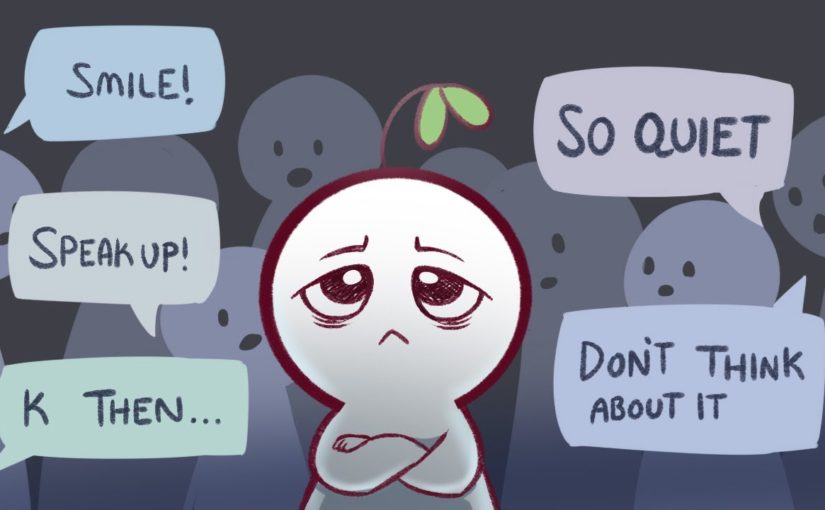
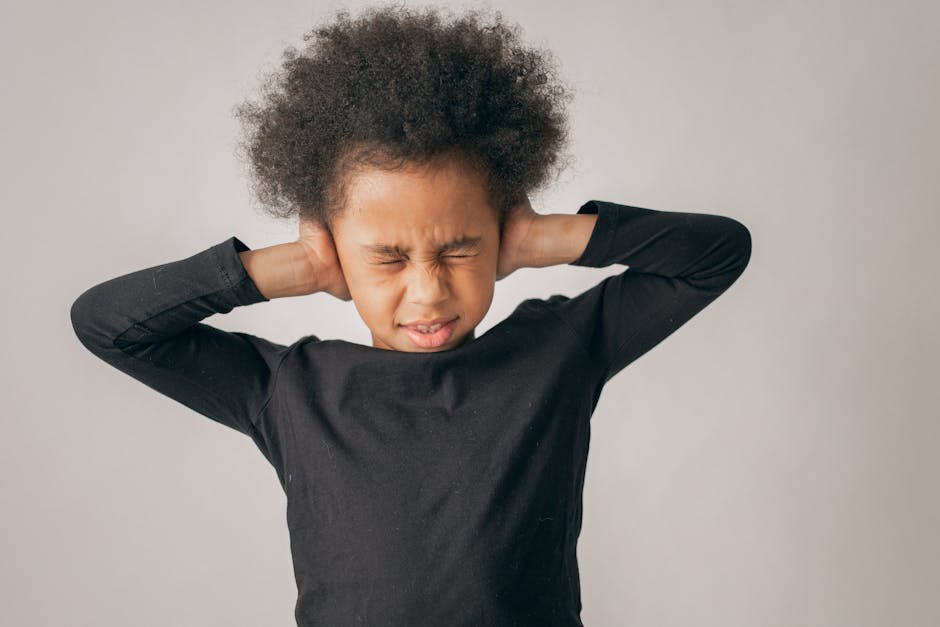 Depression, on the other hand, is a serious and debilitating mental illness that needs to be treated with professional help and therapy. These things are not all the same, and yet some people just can’t seem to grasp the difference. This can often feel very frustrating, especially when others disregard what you’re feeling as mere sadness and tell you not to think about it. Number eight people not understanding that mental illness is real. Many people still seem to think that depression is a choice and a mental illness. Isn’t real, But just because there are no physical manifestations to see doesn’t mean that the suffering you feel is not real. It’s, not just in your head. If you’re able to feel it, then it is very much real When others downplay its potency. It often leaves you feeling, as if you’re doing something wrong. As a result, you may even choose to remain silent about it. Instead, Number nine people think depression is the same for everybody Every individual’s. Experience of a mental disorder is different from Depression. Doesn’t look the same for everybody. Some people might stop eating and struggle with insomnia, while others might overeat and oversleep. Some people have high-functioning depression and may not even seem like they’re struggling at all for others, their depression might force them to lie in bed all day and do nothing. Nevertheless, all experiences of depression are valid, And number 10 learning to celebrate the little things. Finally, but perhaps most importantly, when you struggle with depression, even the littlest of victories deserve to be celebrated, Got outta bed today, smiled Managed a short conversation with someone Took the time to brush my hair, or take a bath. Give yourself a mental pat on the back. Those are all very, very important achievements for someone with depression. They might not mean much to other people, But to you struggling with mental illness on an everyday basis. They make up the good days that remind you why you need to keep fighting and why it’s so important to keep holding on It.’s important to remember not to allow others to dictate how you should feel Just because others are not feeling the same does not make it any less real. There’s no need to cover up or force yourself to change these feelings. The fact that you’re feeling it is reason enough to validate it If you are struggling with depression or any other mental illness. Please know that there is always hope and help and that someday things can be better. Seeking professional help can help you on the road to improvement, Leave a comment down below about your experience with depression. If you’d, like, Please, feel free to share any thoughts you have as well, If you found this video helpful, be sure to hit the like button and share it with those out there needing to hear this, Don’t forget to subscribe to Psych2Go and Hit the notification bell for more new videos And, as always thanks so much for watching We’ll see you next time..
Depression, on the other hand, is a serious and debilitating mental illness that needs to be treated with professional help and therapy. These things are not all the same, and yet some people just can’t seem to grasp the difference. This can often feel very frustrating, especially when others disregard what you’re feeling as mere sadness and tell you not to think about it. Number eight people not understanding that mental illness is real. Many people still seem to think that depression is a choice and a mental illness. Isn’t real, But just because there are no physical manifestations to see doesn’t mean that the suffering you feel is not real. It’s, not just in your head. If you’re able to feel it, then it is very much real When others downplay its potency. It often leaves you feeling, as if you’re doing something wrong. As a result, you may even choose to remain silent about it. Instead, Number nine people think depression is the same for everybody Every individual’s. Experience of a mental disorder is different from Depression. Doesn’t look the same for everybody. Some people might stop eating and struggle with insomnia, while others might overeat and oversleep. Some people have high-functioning depression and may not even seem like they’re struggling at all for others, their depression might force them to lie in bed all day and do nothing. Nevertheless, all experiences of depression are valid, And number 10 learning to celebrate the little things. Finally, but perhaps most importantly, when you struggle with depression, even the littlest of victories deserve to be celebrated, Got outta bed today, smiled Managed a short conversation with someone Took the time to brush my hair, or take a bath. Give yourself a mental pat on the back. Those are all very, very important achievements for someone with depression. They might not mean much to other people, But to you struggling with mental illness on an everyday basis. They make up the good days that remind you why you need to keep fighting and why it’s so important to keep holding on It.’s important to remember not to allow others to dictate how you should feel Just because others are not feeling the same does not make it any less real. There’s no need to cover up or force yourself to change these feelings. The fact that you’re feeling it is reason enough to validate it If you are struggling with depression or any other mental illness. Please know that there is always hope and help and that someday things can be better. Seeking professional help can help you on the road to improvement, Leave a comment down below about your experience with depression. If you’d, like, Please, feel free to share any thoughts you have as well, If you found this video helpful, be sure to hit the like button and share it with those out there needing to hear this, Don’t forget to subscribe to Psych2Go and Hit the notification bell for more new videos And, as always thanks so much for watching We’ll see you next time..








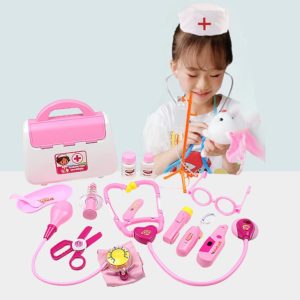





















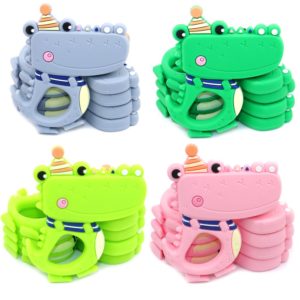

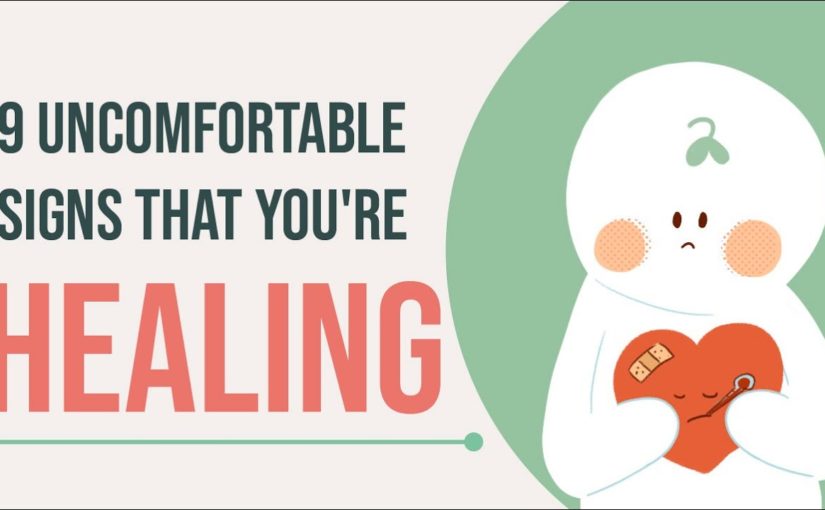
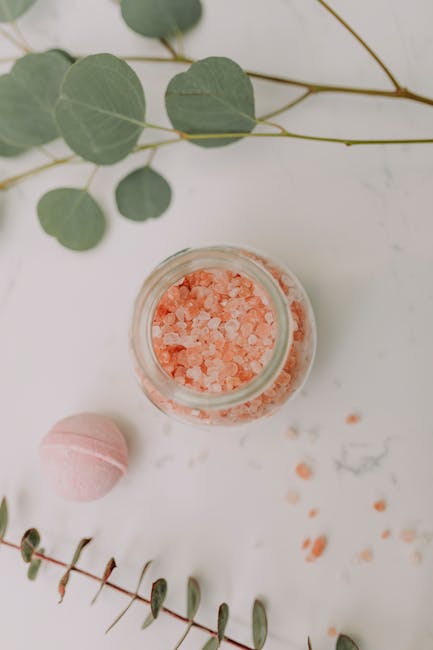 However, if you decide to it has far-reaching benefits beyond the acceptance and acknowledgment of the traumatic experience Once you are in the healing process, you are developing bravery around your emotions and your mind With this newfound conscious control. You are no longer scared by things that scared you before Scared of making a living situation change. You now are redecorating your bedroom and experimenting with paint colors. You never thought you would Go to a party you don’t know Before you would’ve recoiled at the thought, but now it’s a little less anxiety-inducing and you have a bit more confidence Number seven. You easily accept disappointments and take them in stride. Life is a balance of success and failure, light and dark ups and downs. When you’re not healing disappointments hit, you like a freight truck to the chest, knocking all of the motivation and passion out of you With healing you understand that bad days do happen and can’t be avoided, but are also temporary Any disappointments or unmet Expectations are accepted and taken in stride. You respond in better healthier ways that are less reactive Number. Eight you have more inner peace Healing brings about self-integration. If you’re a Harry Potter, fan it’s as if Voldemort brought back all of his Horcruxes and decided on becoming a better complete person who accepts the natural way of life on a soul level. And if you’re, not a fan. It’s like taking inventory of all of your experiences painful or not, and seeing yourself as the whole person You develop this inner peace because you deeply forgive yourself and you can readily forgive others too. By having this peace and integration, you are less likely to self-sabotage because you’re no longer a warring country within yourself with conflicting desires and emotions. You reconcile your inner differences. You no longer criticize and dismantle your character in your mind And number nine. You welcome help and support The independent survivor. Has a don’t ask for help mentality, maybe because they never got it when they needed it or because of the harsh rejection when they spoke up, They shut down to get by and decided to do it by themselves because they had no choice With healing You start to realize that as strong as you are, you can’t carry and do everything by yourself. You do need help and we all do and it’s available out there for you. You are more open to support and less afraid of having this need for assistance met. The pride and shame you might feel for asking for help are gone, because you know that it’s, okay, to let go of the heavy burden on your shoulders and have someone to lean on. Did you relate to any of these points? Do you feel that you are beginning to heal As rewarding as the first step of healing? You will run into the discomfort of your healing and this will try to make you stop to lessen or ignore the pain, but whatever you resist you prolong. If you are in the healing process, well done, I’m proud of you for doing this work and I hope you can find peace through it And if you’re not that’s, okay, because healing is a long process that takes time you’re still living and doing what you can Applaud yourselves. Did you find this video valuable, Tell us in the comments below Please like and share it with friends that might find use in this video too, and make sure to subscribe to Psych2Go and hit the notification bell for more content. All the references used are added in the description box below. Thank you for watching and see you next time…
However, if you decide to it has far-reaching benefits beyond the acceptance and acknowledgment of the traumatic experience Once you are in the healing process, you are developing bravery around your emotions and your mind With this newfound conscious control. You are no longer scared by things that scared you before Scared of making a living situation change. You now are redecorating your bedroom and experimenting with paint colors. You never thought you would Go to a party you don’t know Before you would’ve recoiled at the thought, but now it’s a little less anxiety-inducing and you have a bit more confidence Number seven. You easily accept disappointments and take them in stride. Life is a balance of success and failure, light and dark ups and downs. When you’re not healing disappointments hit, you like a freight truck to the chest, knocking all of the motivation and passion out of you With healing you understand that bad days do happen and can’t be avoided, but are also temporary Any disappointments or unmet Expectations are accepted and taken in stride. You respond in better healthier ways that are less reactive Number. Eight you have more inner peace Healing brings about self-integration. If you’re a Harry Potter, fan it’s as if Voldemort brought back all of his Horcruxes and decided on becoming a better complete person who accepts the natural way of life on a soul level. And if you’re, not a fan. It’s like taking inventory of all of your experiences painful or not, and seeing yourself as the whole person You develop this inner peace because you deeply forgive yourself and you can readily forgive others too. By having this peace and integration, you are less likely to self-sabotage because you’re no longer a warring country within yourself with conflicting desires and emotions. You reconcile your inner differences. You no longer criticize and dismantle your character in your mind And number nine. You welcome help and support The independent survivor. Has a don’t ask for help mentality, maybe because they never got it when they needed it or because of the harsh rejection when they spoke up, They shut down to get by and decided to do it by themselves because they had no choice With healing You start to realize that as strong as you are, you can’t carry and do everything by yourself. You do need help and we all do and it’s available out there for you. You are more open to support and less afraid of having this need for assistance met. The pride and shame you might feel for asking for help are gone, because you know that it’s, okay, to let go of the heavy burden on your shoulders and have someone to lean on. Did you relate to any of these points? Do you feel that you are beginning to heal As rewarding as the first step of healing? You will run into the discomfort of your healing and this will try to make you stop to lessen or ignore the pain, but whatever you resist you prolong. If you are in the healing process, well done, I’m proud of you for doing this work and I hope you can find peace through it And if you’re not that’s, okay, because healing is a long process that takes time you’re still living and doing what you can Applaud yourselves. Did you find this video valuable, Tell us in the comments below Please like and share it with friends that might find use in this video too, and make sure to subscribe to Psych2Go and hit the notification bell for more content. All the references used are added in the description box below. Thank you for watching and see you next time…
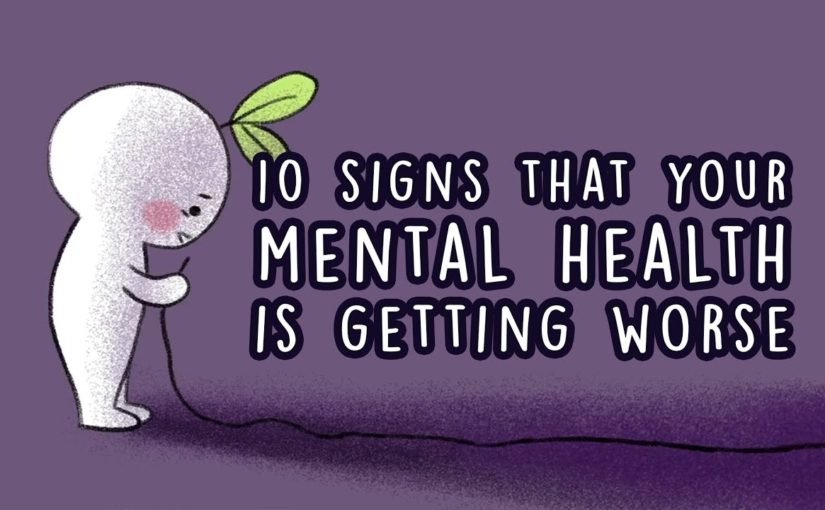
 Do you wake up in the morning with a crushing sense of anxiety that stays with you all day? Does this anxiety cast a cloud over your daily activities? Worsening anxiety can often coincide with worsening mental health. Anxiety affects us all whether or not you happen to suffer from a particular anxiety disorder. It s important to monitor your anxiety levels because a noticeable change can tell you a lot about your mental health. Anxiety is a stress response and it can cause a variety of psychological and physical symptoms. When you feel overly anxious, you might notice that your heart rate speeds up and your breathing rate increases, and you might experience a bout of nausea. Seven. You feel mentally and emotionally shattered. Do you feel like there are so many things happening around you, but you can t focus on any of them? If so, you’re not alone From time to time it s normal to feel this way, especially when you are going through higher amounts of stress. However, if you are feeling scattered and like things are spinning out of control, this could be a sign that your mental health is under strain According to Psychologist, Rick Hanson from Psychology. Today, you probably feel scattered, because you are struggling to find your center. This means that, for your brain to feel more organized, you need to feel at peace within yourself. Practicing mindfulness such as yoga and meditation are great places to start on the road to inner peace. Eight, You can t seem to pay attention. Do you have a harder time focusing and staying on task When you’re reading? Is it hard to comprehend? Do you have to reread the same passage over and over, Though it could relate to potential psychological disorders such as ADHD, depression, or anxiety? It is also likely that a lack of focus can be due to stress or poor self-care. It can be frustrating to start losing focus so frequently and those feelings are valid and normal Remember to take care of yourself and, as you recover know, that help is available NINE. You might be struggling with your impulse control. Are you acting more on impulse? Are you possibly indulging in things you should t, Whether it s retail therapy or binging, all of your shows, or playing video games for hours? When you act more on impulse like this, it can signify worsening mental health. You might pick up some unhealthy habits as a way to cope with life. Stress fulfills you or distracts you from a major issue going on in your life. Journaling, mindfulness, and therapy are great ways to start uncovering some of these issues. Ten, You are struggling to feel, grounded Similar to feeling centered when you are grounded. You are feeling confident and balanced within yourself. According to Irene Langeveld, an energy worker and meditation coach grounding starts with the root chakra at the base of the spine known to help. You feel secure Activities that connect your body with the world around you, such as hiking, meditating, or walking outside, are all great ways to help. You find your sense of grounding. Can you relate to any of the points made in this video? Do you think your mental health could be slipping If so know that there is help you can reach out to You. Can talk to a trusted friend, family member, or mental health therapist for support? Please like and share this video if it helped you and you think it can help someone else too. The studies and references used are listed in the description below Don t forget to hit the subscribe button for more Psych2Go videos. Thank you for watching. We’ll see you next time, Video by Psych2go.
Do you wake up in the morning with a crushing sense of anxiety that stays with you all day? Does this anxiety cast a cloud over your daily activities? Worsening anxiety can often coincide with worsening mental health. Anxiety affects us all whether or not you happen to suffer from a particular anxiety disorder. It s important to monitor your anxiety levels because a noticeable change can tell you a lot about your mental health. Anxiety is a stress response and it can cause a variety of psychological and physical symptoms. When you feel overly anxious, you might notice that your heart rate speeds up and your breathing rate increases, and you might experience a bout of nausea. Seven. You feel mentally and emotionally shattered. Do you feel like there are so many things happening around you, but you can t focus on any of them? If so, you’re not alone From time to time it s normal to feel this way, especially when you are going through higher amounts of stress. However, if you are feeling scattered and like things are spinning out of control, this could be a sign that your mental health is under strain According to Psychologist, Rick Hanson from Psychology. Today, you probably feel scattered, because you are struggling to find your center. This means that, for your brain to feel more organized, you need to feel at peace within yourself. Practicing mindfulness such as yoga and meditation are great places to start on the road to inner peace. Eight, You can t seem to pay attention. Do you have a harder time focusing and staying on task When you’re reading? Is it hard to comprehend? Do you have to reread the same passage over and over, Though it could relate to potential psychological disorders such as ADHD, depression, or anxiety? It is also likely that a lack of focus can be due to stress or poor self-care. It can be frustrating to start losing focus so frequently and those feelings are valid and normal Remember to take care of yourself and, as you recover know, that help is available NINE. You might be struggling with your impulse control. Are you acting more on impulse? Are you possibly indulging in things you should t, Whether it s retail therapy or binging, all of your shows, or playing video games for hours? When you act more on impulse like this, it can signify worsening mental health. You might pick up some unhealthy habits as a way to cope with life. Stress fulfills you or distracts you from a major issue going on in your life. Journaling, mindfulness, and therapy are great ways to start uncovering some of these issues. Ten, You are struggling to feel, grounded Similar to feeling centered when you are grounded. You are feeling confident and balanced within yourself. According to Irene Langeveld, an energy worker and meditation coach grounding starts with the root chakra at the base of the spine known to help. You feel secure Activities that connect your body with the world around you, such as hiking, meditating, or walking outside, are all great ways to help. You find your sense of grounding. Can you relate to any of the points made in this video? Do you think your mental health could be slipping If so know that there is help you can reach out to You. Can talk to a trusted friend, family member, or mental health therapist for support? Please like and share this video if it helped you and you think it can help someone else too. The studies and references used are listed in the description below Don t forget to hit the subscribe button for more Psych2Go videos. Thank you for watching. We’ll see you next time, Video by Psych2go.





































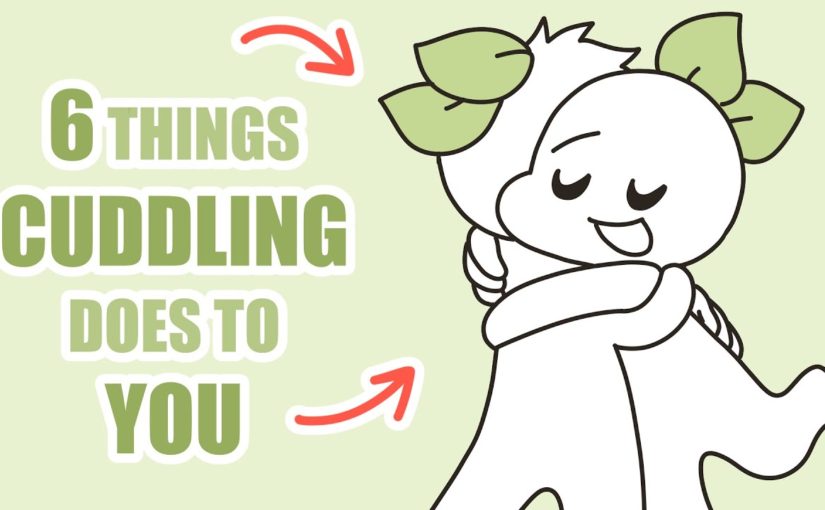
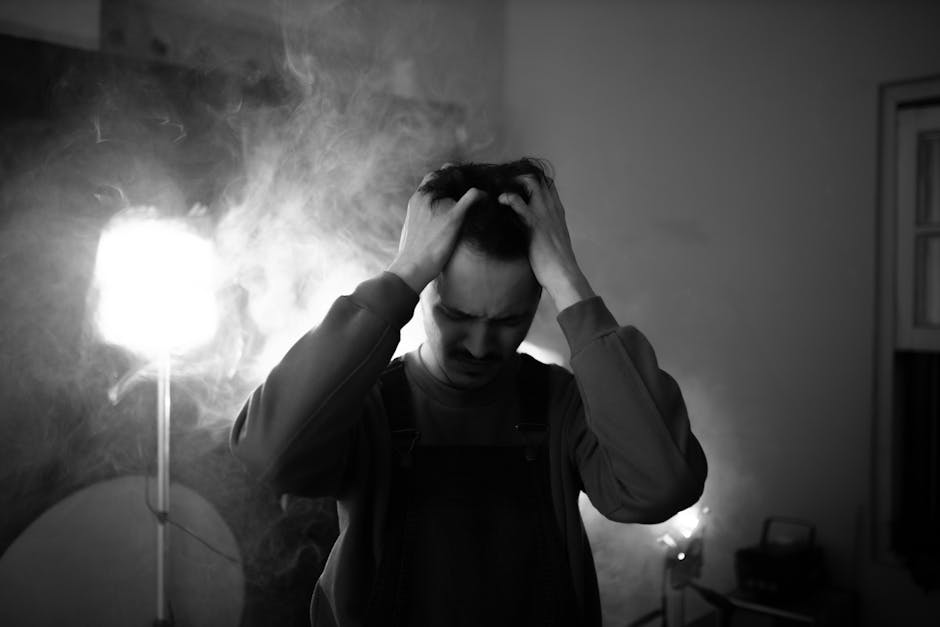 Oxytocin has some benefits Hugging once again releases oxytocin, Holding someone’s hand can make you feel a bit better. So if you need some pain relief, try, cuddling Cuddling is sure to release a lot of oxytocin enough to even relieve pain. If not simply distract you from some Four May help lower the risk of heart disease, Catherine, A Connors, a holistic, therapist and stress management coach explains in an article from Shape that Hugging, kissing, or more physical acts of touching increases oxytocin levels, which is a bonding hormone. This chemical reaction can help to reduce blood pressure which in turn reduces the risk of heart disease, but it can also help to reduce stress and anxiety If your heart has less stress, it may not work as hard When we’re stressed our body releases adrenaline, Which means a higher blood pressure and heart rate A lotta. This can increase one’s risk of a heart attack. So when you have time, take a deep breath and ask your loved one for a hug Number five Improves a mother’s bond with a child. Here we go with oxytocin again. This hormone has some magical effects. When a mother cuddles their newborn child, they receive a boost of oxytocin. Due to this, she will not only feel happier, but her stress and anxiety levels will drop as we learned before Skin to skin contact with a mother’s baby after they’re born, can help them bond and keep both mother and child calm and happy And Number six can help reduce social anxiety. Do you struggle with social anxiety? Well, it’s time for some hugs, Maybe not the first thing you want na do when at a party with a group of strangers. But if you have a friend who loves to greet people with a good old hug, then you may just have an easier time. Socializing Not only can oxytocin make you feel happy, but your thoughts will be helpful, positive, and hopeful. This means, if your friend hugs you when they see you at a party and, as we know, hugging helps release oxytocin you made it get a positive boost in your confidence and view of the event. Suddenly, this social gathering doesn’t seem to intimidate you as much. Maybe your stress levels have decreased, even if it’s just for a moment that sparks a bit of confidence in you. So right before you start the party hug, a friend or two, when you greet them, You may just feel a bit more confident and happy. So will you hug others more often, Who will be your cuddle buddy Share with us in the comments below? We hope you enjoyed this video and, if you did don’t forget to click the like button and share it with a friend Subscribe to Psych2Go and hit the notification bell icon for more content like this, And as always, thanks for watching.
Oxytocin has some benefits Hugging once again releases oxytocin, Holding someone’s hand can make you feel a bit better. So if you need some pain relief, try, cuddling Cuddling is sure to release a lot of oxytocin enough to even relieve pain. If not simply distract you from some Four May help lower the risk of heart disease, Catherine, A Connors, a holistic, therapist and stress management coach explains in an article from Shape that Hugging, kissing, or more physical acts of touching increases oxytocin levels, which is a bonding hormone. This chemical reaction can help to reduce blood pressure which in turn reduces the risk of heart disease, but it can also help to reduce stress and anxiety If your heart has less stress, it may not work as hard When we’re stressed our body releases adrenaline, Which means a higher blood pressure and heart rate A lotta. This can increase one’s risk of a heart attack. So when you have time, take a deep breath and ask your loved one for a hug Number five Improves a mother’s bond with a child. Here we go with oxytocin again. This hormone has some magical effects. When a mother cuddles their newborn child, they receive a boost of oxytocin. Due to this, she will not only feel happier, but her stress and anxiety levels will drop as we learned before Skin to skin contact with a mother’s baby after they’re born, can help them bond and keep both mother and child calm and happy And Number six can help reduce social anxiety. Do you struggle with social anxiety? Well, it’s time for some hugs, Maybe not the first thing you want na do when at a party with a group of strangers. But if you have a friend who loves to greet people with a good old hug, then you may just have an easier time. Socializing Not only can oxytocin make you feel happy, but your thoughts will be helpful, positive, and hopeful. This means, if your friend hugs you when they see you at a party and, as we know, hugging helps release oxytocin you made it get a positive boost in your confidence and view of the event. Suddenly, this social gathering doesn’t seem to intimidate you as much. Maybe your stress levels have decreased, even if it’s just for a moment that sparks a bit of confidence in you. So right before you start the party hug, a friend or two, when you greet them, You may just feel a bit more confident and happy. So will you hug others more often, Who will be your cuddle buddy Share with us in the comments below? We hope you enjoyed this video and, if you did don’t forget to click the like button and share it with a friend Subscribe to Psych2Go and hit the notification bell icon for more content like this, And as always, thanks for watching.